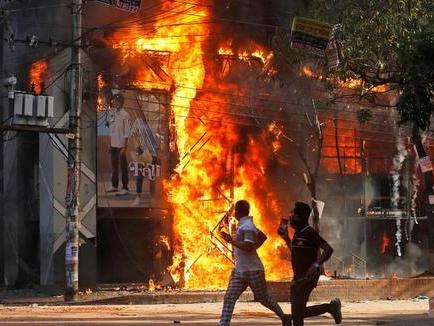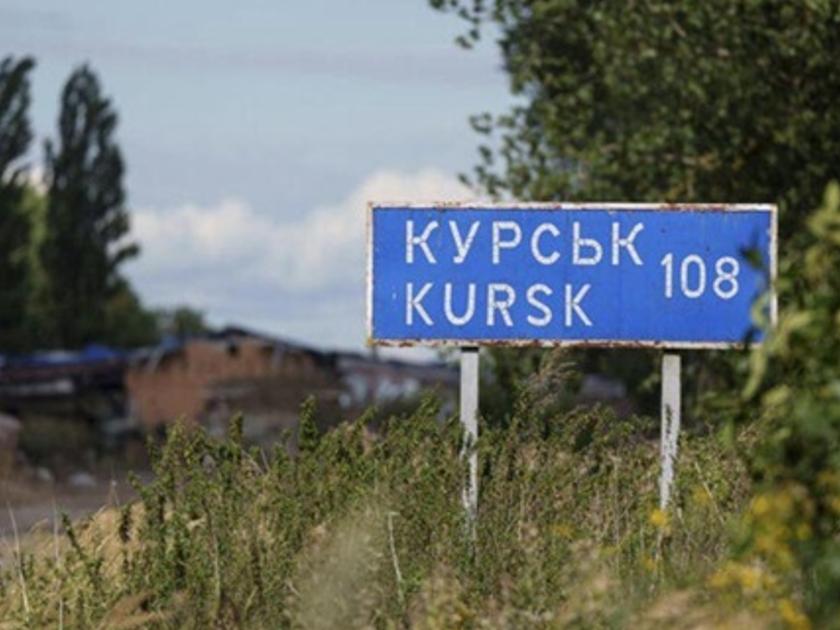Bangladesh is facing its most severe political crisis in decades as anti-government protests have resulted in at least 91 deaths, including 14 police officers, with hundreds more injured. The unrest, which began last month over a controversial job quota system, has evolved into a broader movement demanding the resignation of Prime Minister Sheikh Hasina.In response to the escalating violence, the government has imposed an indefinite nationwide curfew and shut down mobile internet services. Authorities have also arrested at least 11,000 people in recent weeks. Prime Minister Hasina has taken a hard stance against the protesters, labeling them as ‘terrorists’ and calling for citizens to ‘deal with them with iron hands’.The protests have transformed into a ‘non-cooperation movement,’ with organizers urging citizens not to pay taxes or utility bills and to abstain from work. This has led to widespread disruptions across the country, with schools, universities, and courts closed indefinitely.The situation has drawn international concern, with the UN human rights chief, Volker Turk, urging the government to ‘stop targeting peaceful protesters’ and to restore full internet access. India has issued a travel advisory, strongly advising its nationals against traveling to Bangladesh and urging those already there to exercise ‘extreme caution’.As tensions continue to rise, protest leaders have announced plans to accelerate their ‘Long March to Dhaka,’ calling on ‘students and the public all over the country’ to join. Analysts warn that the violence could escalate further, with Ali Riaz, an Illinois State University politics professor, describing the situation as ‘an unprecedented popular uprising’.The crisis represents the most significant challenge to Hasina’s government in her 20 years in power, with the protests attracting support from various segments of Bangladesh’s society. As the country braces for more unrest, there are growing concerns about the potential for further violence and the long-term stability of Bangladesh.
Key points
- Anti-government protests in Bangladesh have resulted in at least 91 deaths, including 14 police officers.
- The government has imposed a nationwide curfew, shut down internet services, and arrested thousands.
- Protesters have announced plans for a ‘Long March to Dhaka’, escalating tensions further.
- International concern is growing, with the UN urging restraint and India issuing a travel advisory.
Contradictions👾There are slight discrepancies in the reported death toll, with figures ranging from 91 to nearly 100.
👾Some sources report the protests began last month, while others trace their origins to June or July.


